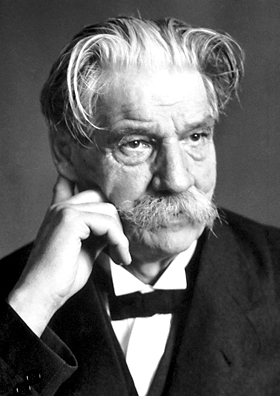
Come writers and critics
who cauterize with your pen . . .
You’ve spoken too soon,
the wheel’s still in spin . . .
. . . Mythicism is compatible with Christian faith.
That is certainly the argument of Fr Thomas L. Brodie in chapter 20 of Beyond the Quest for the Historical Jesus: Memoir of a Discovery.
As Brodie was becoming increasingly aware of the extent of the debt the Gospels owed to the Old Testament narratives, his faith did not waver:
In September 1972, when I was first struck by the deep similarities between the Gospels and the Old Testament, I immediately had two responses: ‘This is strange stuff that may have radical implications’; and, ‘It’s OK’. Rightly or wrongly, my sense of God’s presence at the time reassured me that whatever was happening would be alright (sic). (p. 197)
It was within two years that Brodie finally saw the way 1 Corinthians had synthesized various sources in order to “[compose] the very figure of Christ and [lay] that figure down as a foundation for others” and it was only then that the foundations of his belief-system were fully impacted.
Still it seemed that, in some way I did not understand, things would be OK. God was still God, and eventually things would work out, they would become clear. However, while I kept trying, as usual, to be faithful to the practices of the Catholic faith, I often wondered what that faith really meant. (p. 198)
Some time in the 1980s as Brodie was continuing to ponder what he truly believed he concluded that he “was really sure of the Abraham story, not of its history, but of its meaning.” It turned out that this belief in the meaning (as opposed to the literal history) of a biblical narrative would point the way forward to a Christian faith without a literal, historical Jesus.

Brodie calls upon imagination and mysticism. I am reminded of John Shelby Spong’s Liberating the Gospels. By the time I finish reading the main text I am wondering why Spong believes in Jesus at all. Then I read the epilogue only to find he speaks of being “overwhelmed” by his “God consciousness” and the “mystical presence” of God. He calls for a new way of looking at Christianity, a non-literal way of reading the Gospels. (Spong emphatically does believe there was a historical Jesus who was crucified, however.)

I am also reminded of Albert Schweitzer’s conclusion in The Quest of the Historical Jesus (pp. 401-402, my bolding):
[S]trictly speaking absolutely nothing can be proved by evidence from the past, but can only be shown to be more or less probable. Moreover, in the case of Jesus, the theoretical reservations are even greater because all the reports about him go back to the one source of tradition, early Christianity itself, and there are no data available in Jewish or Gentile secular history which could be used as controls. Thus the degree of certainty cannot even by raised so high as positive probability.
. . . . Seen from a purely logical viewpoint, whether Jesus existed or did not exist must always remain hypothetical. . . .
. . . Modern Christianity must always reckon with the possibility of having to abandon the historical figure of Jesus. Hence it must not artificially increase his importance by referring all theological knowledge to him and developing a ‘christocentric’ religion: the Lord may always be a mere element in ‘religion’, but he should never be considered its foundation.
To put it differently: religion must avail itself of a metaphysic, that is, a basic view of the nature and significance of being which is entirely independent of history and of knowledge transmitted from the past . . .
Schweitzer, of course, did believe there was such a historical figure and he argued against Christ-myth theorists of his day. That’s what makes the above passage all the more significant. He seems to be approving of a view of Christianity that transcends faith in literal interpretations and historical events. (Please Stephanie F., do not come back here with your undergrad essays on some tangential argument about another and quite unrelated aspect of Schweitzer’s faith.)
By “imagination and mysticism” Brodie means Continue reading “Making of a (Christian) Mythicist, Act 5, Scene 2 (Staying Christian With a Symbolic Jesus)”
